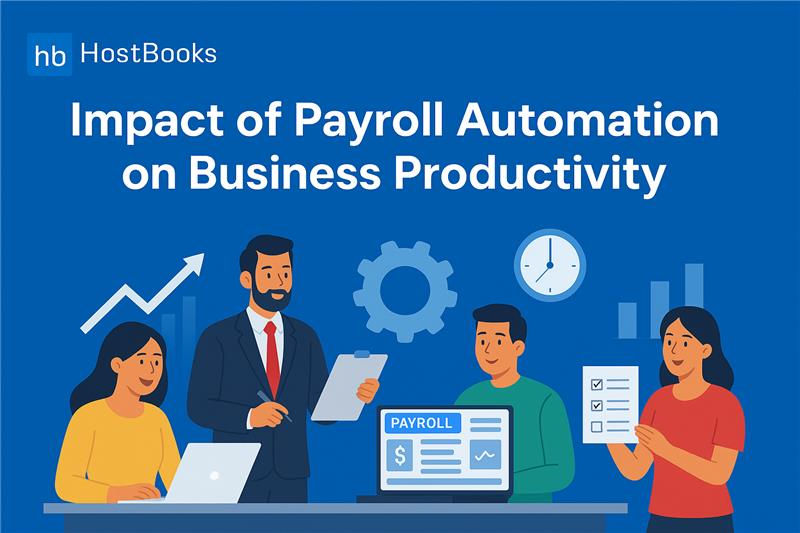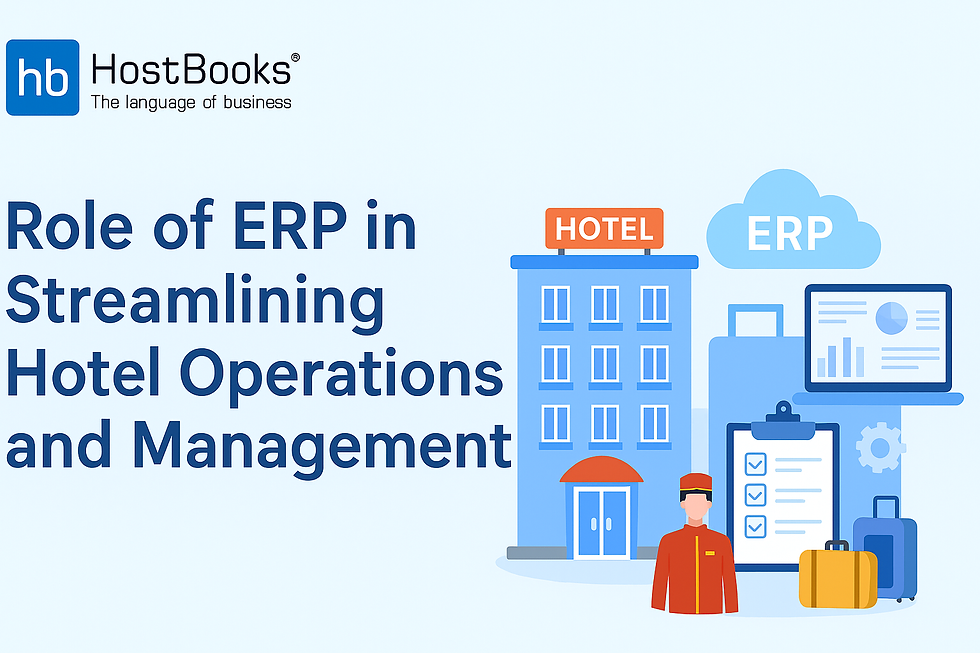Why Every Hospitality Business Needs an ERP for Success in 2025
- Dec 23, 2024
- 3 min read
In the fast-paced and competitive world of the hospitality industry, staying ahead requires more than just excellent service. It demands the integration of cutting-edge technology to streamline operations, enhance customer experience, and ensure sustained growth. One of the most pivotal technologies for achieving this is the Enterprise Resource Planning (ERP) system. As we look ahead to 2025, here are the key reasons why every hospitality business should adopt an ERP for success:

Streamlined Operations and Efficiency
Integrated Functions: An ERP hotel management system consolidates various functions like front desk operations, housekeeping, food and beverage management, and more into a single platform. This integration ensures seamless coordination and communication among departments, leading to smoother operations.
Automated Processes: Routine tasks that once took hours can now be automated and completed in minutes, thanks to hotel ERP software. This automation not only saves time but also reduces the likelihood of human error.
Enhanced Coordination: By integrating all functions, an ERP system allows for better coordination among staff members, resulting in more efficient workflows and quicker response times to guest needs.
Enhanced Decision-Making with Real-Time Data
Comprehensive Insights: ERP systems provide real-time access to data on various aspects of the business, such as occupancy rates, inventory levels, and financial performance. This data is invaluable for making informed decisions.
Data-Driven Decisions: With accurate and up-to-date information at their fingertips, hospitality management companies can make data-driven decisions that optimize resource allocation, improve operational efficiency, and identify new opportunities for growth.
Proactive Management: Real-time data enables proactive management of potential issues before they escalate, ensuring smoother operations and better guest experiences.
Improved Customer Experience
Personalized Services: An ERP system hotel industry can enhance the guest experience by providing personalized services. Staff can access guest preferences, history, and special requests, allowing them to tailor services to individual needs.
Streamlined Processes: The automation and integration offered by ERP systems streamline various processes such as check-in/check-out, room service requests, and billing. This efficiency leads to quicker and more convenient services for guests.
Building Loyalty: By offering a superior and personalized experience, hospitality businesses can build stronger relationships with guests, encouraging repeat business and positive reviews.
Cost Control and Revenue Management
Expense Monitoring: ERP for hotels helps in monitoring and controlling expenses by providing detailed insights into spending patterns. This enables businesses to identify areas where costs can be reduced.
Revenue Optimization: Top ERP software assists in optimizing revenue by analyzing market trends, booking patterns, and customer preferences. This information helps in setting competitive pricing strategies and maximizing revenue.
Financial Management: The best ERP software for small businesses provides tools to manage finances efficiently, ensuring that even smaller hospitality businesses can control costs and improve profitability.
Compliance and Risk Management
Automated Reporting: Compliance with industry regulations and standards is simplified through automated reporting features of ERP systems. Accurate records are maintained, reducing the risk of non-compliance.
Risk Mitigation: An ERP system includes risk management features that help in identifying and mitigating potential threats to the business, such as financial risks, operational disruptions, and compliance issues.
Legal Compliance: By ensuring that all processes adhere to legal requirements, ERP systems minimize the risk of legal issues and associated penalties.
Scalability and Future-Proofing
Accommodates Growth: As your hospitality business expands, an ERP system can scale with it. Whether you're opening new properties or diversifying your service offerings, an ERP can adapt to your changing needs.
Adaptable Solutions: The flexibility of ERP systems allows them to be tailored to fit diverse operational requirements, ensuring that your business remains agile and competitive.
Staying Competitive: In an industry where trends and technologies evolve rapidly, having a scalable and adaptable ERP system ensures that your business stays competitive and future-proof.
Conclusion
As we move into 2025, the hospitality industry faces both new challenges and opportunities. Implementing an ERP system can be a game-changer for hospitality businesses, offering streamlined operations, enhanced decision-making, improved customer experiences, cost control, compliance management, and scalability. Whether you are a large hotel chain or a small boutique hotel, investing in ERP hotel management software is a strategic move towards sustainable growth and success. Embrace the power of ERP and position your hospitality business for success in the coming year.








Comments